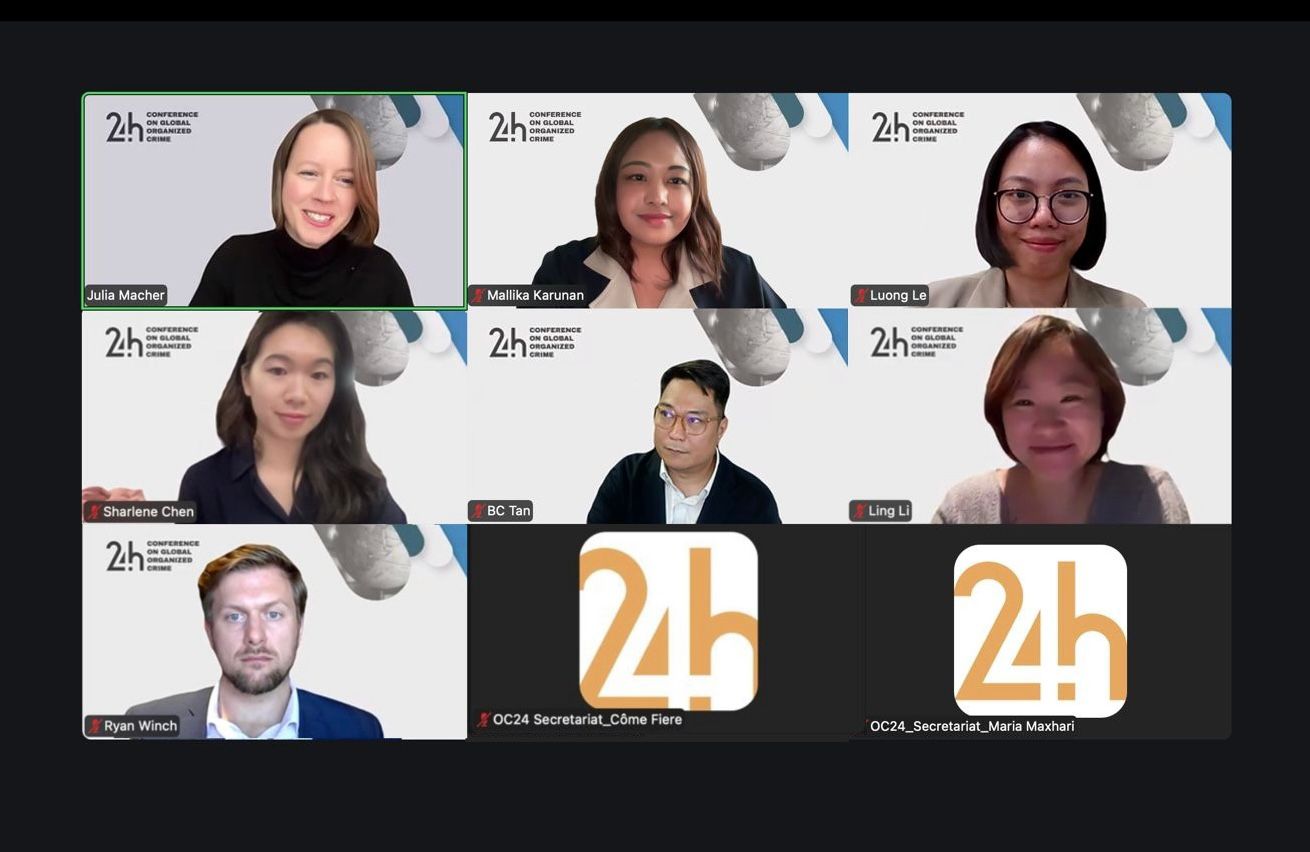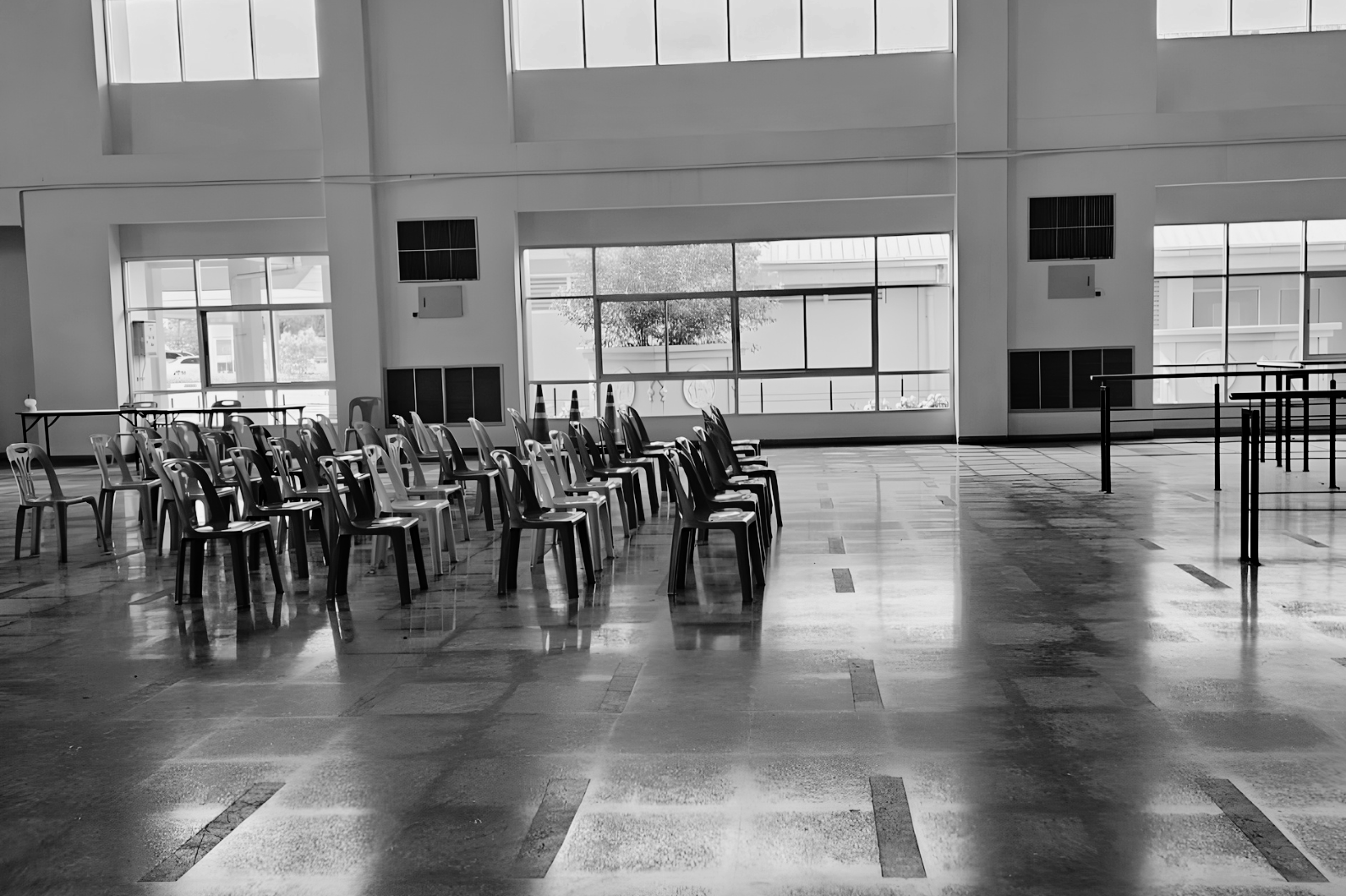Civil society organizations (CSOs) from the East and Horn of Africa Anti-Trafficking (EHAAT) network have begun a bi-weekly communications training program, designed to equip attendees with the knowledge and skills needed to amplify their message and reach their target audience more effectively.
The workshops, hosted by the Better Migration Management (BMM) Programme and funded by the European Union and Germany, focus on outreach and media engagement and provide an in-depth exploration of communication strategies, professional use of social media, responsible storytelling, and media relations.
Building Core Communication Skills
The initial session of this program lays the groundwork for effective communication by focusing on core concepts and frameworks. Experts guide participants through the processes of identifying their target audiences, creating impactful campaigns, and crafting straightforward, concise and audience-focused messaging. Attendees also explore the evolution of media formats, from traditional print to the increasingly dominant online sphere, and examine the advantages and limitations of various communication tools.
Further segments explore best practices for leveraging social media platforms, including strategies for producing compelling content, platform-specific etiquette, editorial consistency, and the use of respectful, non-stigmatizing language. The blurred lines between professional and private use of social media are discussed, with a focus on avoiding potential pitfalls. A “Social Media Magic Toolbox”, which has proved popular at previous trainings, introduces practical “tricks” to enhance content creation and audience engagement and growth.
Ethical Storytelling and Media Engagement
The workshop also examines the art of storytelling through an ethical lens, with a focus on writing engaging narratives that respect the dignity and confidentiality of individuals. Participants learn how to craft impactful stories while adhering to responsible guidelines, and the topics covered include interview technique, effective phrasing, and confidentiality.
During a session on the role of imagery in storytelling and the ethical guidelines surrounding visual representation, attendees discuss the dos and don’ts of illustrating sensitive topics and the importance of maintaining the dignity of individuals featured in images, as well as privacy and data protection. Practical tips on photography using smartphones, as well as basic photo-editing techniques, are shared to enhance participants’ visual storytelling capabilities. Additionally, the session introduces resources such as online photo databases that provide high-quality images while respecting ethical and legal standards.
A discussion on media relations is designed to equip attendees with the skills to interact with journalists, respond to press inquiries, write compelling press releases, and build a strong media network. Participants engage in exercises designed to simulate real-life scenarios, learning how to handle journalists’ requests professionally and effectively. Participants also practice interview techniques, ensuring they can confidently convey their key messages in a media setting.
The workshop is intended to provide a comprehensive and hands-on approach to modern communication strategies, offering not only theoretical knowledge but also practical tools to enhance groups’ outreach and engagement efforts. As digital communication continues to evolve, the insights gained will empower organizations to navigate the complexities of media, storytelling, and audience engagement more effectively and ethically, strengthening the overall response to human trafficking in East Africa and beyond.



